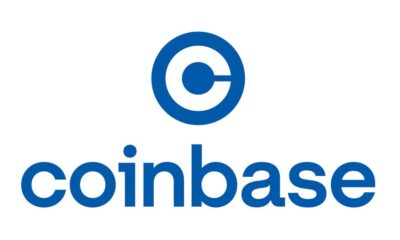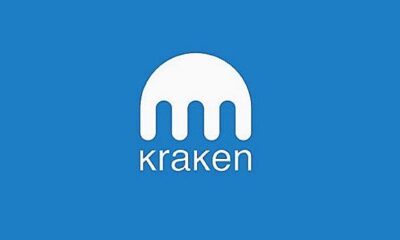News
Turkey seeks to aligning crypto legislation with international standards
Turkey has taken a significant step towards regulating the cryptocurrency industry, with proposed legislation that aims to align the country’s crypto regulations with international standards. The move underscores Turkey’s commitment to fostering a safe and transparent environment for crypto-related activities while addressing concerns about potential risks and abuses.
-

 Business3 days ago
Business3 days agoBitcoin mining stocks rocket 24% on macro climate, AI play: Analyst
-

 News3 days ago
News3 days agoFTX estate sues KuCoin to recover over $50M in assets
-

 Business3 days ago
Business3 days agoBhutan gov’t moves $66M of Bitcoin stash to Binance as price tops $71K
-

 Business3 days ago
Business3 days agoGemini crypto exchange receives preliminary approval in Singapore
-

 Business3 days ago
Business3 days agoApple rolls out Apple Intelligence, but fails to wow AI crowd
-

 Business3 days ago
Business3 days agoMeta is reportedly building its own AI-powered search engine
-

 Business3 days ago
Business3 days agoBitcoin hits $70K amid huge ETF inflow streak
-

 Business3 days ago
Business3 days agoCoinbase to sponsor NBA team in aftermath of FTX collapse































